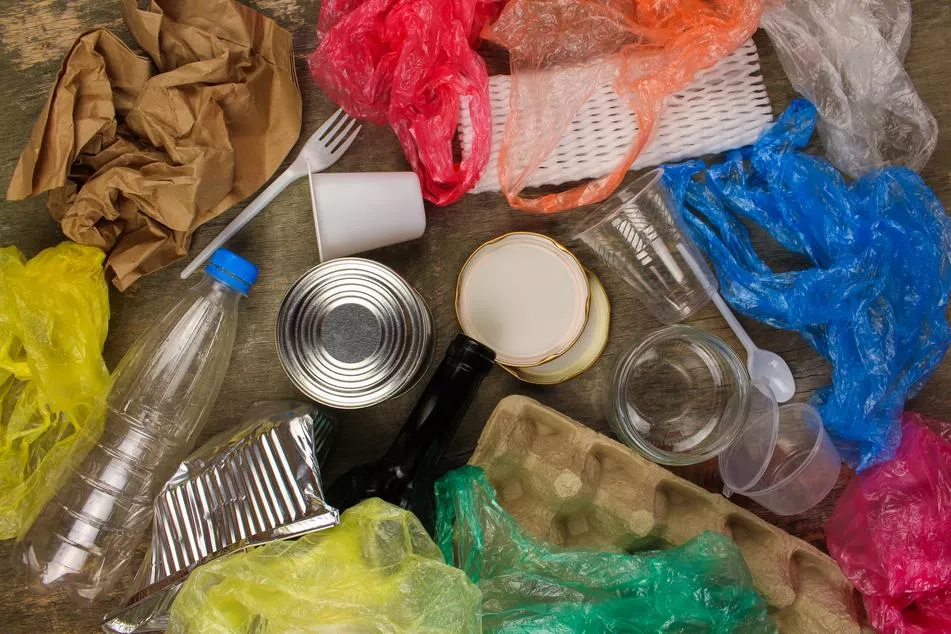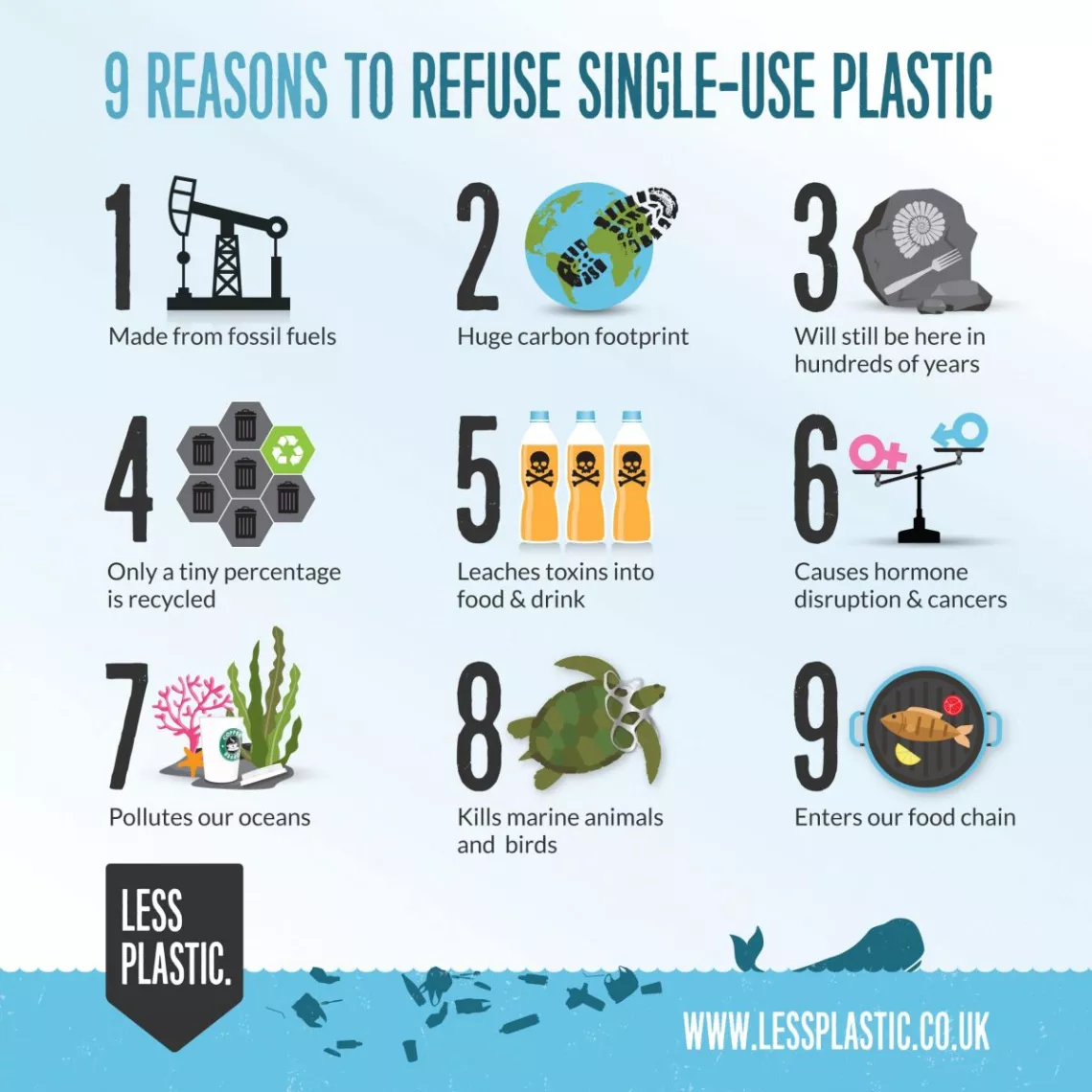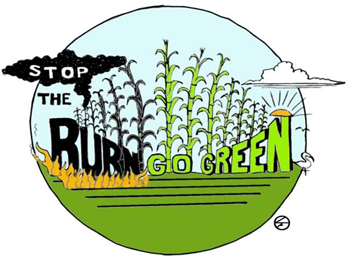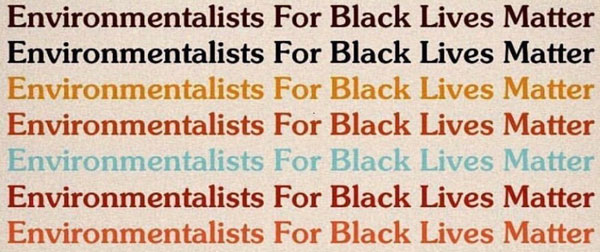Conservation Priorities
The conservation priorities below were chosen based on an assessment of the current state of environmental conservation in our area as well as a vision for the future based on the Sierra Club’s strategic plan. Here are the priority areas and how you can help:
Save the Palm Beach County Agricultural Reserve
Video update 02/06/2023
The Agricultural Reserve (Ag Reserve) is a 20,923-acre farming region west of Boynton Beach and Delray Beach. In 1999, voters approved a $150,000,000 bond issue for the County Commissioners to purchase 2,400 acres of this area. Since 2000, more than 9,400 homes and hundreds of acres of commercial development have been built in the reserve, and that number will continue to increase if we don’t do something about it.
We need everyone to write emails to commissioners and speak out against the GL Homes proposal, Oct. 24:
BOCC Meeting
Tuesday, October 24, 9:30 AM
Palm Beach Commission Chamber
6th Floor, 301 N. Olive Ave
West Palm Beach, FL 33401
PBC Commission Public Matters - The 'Ag' Reserve land swap - October 3, 2023:
COBWRA conference - October 3, 2023:
What can you do to help?
1. Click here to sign the petition and share with friends and family.
2. Download the flyer below for distribution and join us at the Palm Beach County Commissioners meeting to ask Commissioners to reject the GL Homes Swap Proposal!
Save-the-Ag Reserve-Flyer.pdf3.5 MB
3. Email your Palm Beach County Commissioners NOW to tell them how important Preserving the Agricultural Preserve is to you:
EMAIL ALL Commissioners.
District 1 - Commissioner - Maria Marino 561-355-2201
District 2 - Commissioner - Gregg Weiss 561-355-2202
District 3 - Commissioner - Michael Barnett 561-355-2203
District 4 - Commissioner - Marci Woodward 561-355-2204
District 5 - Commissioner - Maria Sachs 561-355-2205
District 6 - Commissioner - Sara Baxter 561-355-2206
District 7 - Commissioner - Mack Bernard 561-355-2207
Click here to see a sample letter and find out how you can make a difference.
Click here for the map of The Agricultural Reserve
![]()
Top 12 New Single Use Plastic Actions

Many of you already have reduced your single use plastic footprint because you “get it” with reducing waste.
These actions, if undertaken all at once, can be overwhelming. Try adopting one action at a time to make it more manageable.
Dining Out–Eating on the Go
1. Starbucks: Are you a Starbucks fan? Bring your own cup for in-store purchases; not available for online orders or drive up--yet. Starbucks brings back personal reusable cups to Starbucks cafes in the U.S. Make sure your cup is CLEAN. If you use their app, you can receive reward points.
2. Skip the Stuff: Ordering takeout to eat at home?--whether directly from the restaurant or from a delivery service--please tell them to “skip the stuff”—plastic eating utensils, condiment packets and straws—items you likely have at home and don’t need from the restaurant. They are on the “top 10” lists of items found in litter cleanups. If you have a drawer full of plastic eating utensils, donate them to homeless shelters who could use them.
3. Beer: If you are a beer fan, when possible, order draft rather than bottled or canned beer in the restaurant’s reusable drinkware.
Other Purchases
4. UPS: Give your bubble wrap & air pillows a second use. Take them back to the nearest UPS store. They don’t reuse Styrofoam packing including peanuts.
5. Best Buy now charges for single use bags at the checkout! It’s the surest way to get the customer’s attention and reduce single use plastic bags. Thank them on social media and in person. Here is Best Buy’s Facebook page. https://www.facebook.com/bestbuy/
Best Buy stores will take back electronics and appliances. They work with recyclers to dispose of the items: Best Buy Recycling Standards
6. Used plastic plant pots and trays: Take them to a nursery so they can reuse them.
7. Make your event single-use plastic free. See tips in Sierra Club CA’s sustainable event resolution.
8. Groceries: Buy some items in a non-plastic container (i.e., paper or glass) such as eggs, milk, peanut butter, condiments, cooking oil, vinegar, maple syrup, or beer. Take reusable bags for groceries, produce or other purchases.
9. Purchase clothing made of natural fibers.
10. Publix bags: Please sign our STOP USING PLASTIC BAGS, PUBLIX . Message them or post on the Publix Facebook page https://www.facebook.com/publix/ . Share the petition on your social media.
11. YELP: The YELP restaurant app added sustainability attributes to its “amenities” list for eating establishments. If you leave a review, please comment on positive sustainability practices the establishment follows. We sometimes forget the value of leaving positive feedback. It demonstrates our concern for sustainability in restaurant practices; and shows that we are watching.
12. Remark: For negative or positive feedback, the Remark app (https://remark.eco ) makes it easy to email the manager of a business with respectful comments on sustainability practices you would like them to follow or thank them for good practices.
Help Pass Single Use Plastics Ordinances in Florida
Passing laws and ordinances is the most effective way to get behavior change to reduce single use plastic (SUP). Despite the pre-emptions, and other restrictions at the state level--believe it or not--there is a lot of ordinance activity in Florida—ordinances passed and those in the pipeline. Local cities and counties want to protect their communities, natural areas and reduce recycling and trash management costs.
The top 4 ordinances are:
- Smoking on beaches: State legislation allows cities and counties to pass smoking bans on beaches. It is especially important to pass bans where adjacent municipalities have already passed them because it reduces confusion by beachgoers.
- Skip the stuff: This applies to carryout restaurants where plastic eating utensils, condiment packets, napkins, straws would only be given on request of the customer.
- SUP bans on public property: straws, Styrofoam, bottles.
- Straws on request only.
Here is a link to the listing of cities and counties who have passed ordinances. https://plasticfreefl.org/sample-legislation/
If you are willing to help pass a local ordinance, please reach out to our Conservation Committee or to https://plasticfreefl.org to find out if there are other organizations working on an ordinance.
Your children and grandchildren will thank you.

Protect Native Habitat
Everglades Restoration
What you can do:
- Attend public meetings of the South Florida Water Management District to support a better alternative for the EAA reservoir. Find a schedule of meetings here: https://www.sfwmd.gov/news-events/meetings
![]()
Stop the Burn
Smoke, soot and ash from sugar burning have clouded South Florida skies for 60 years. Today there's an opportunity to end a practice that makes our communities sick and replace it with modern harvest techniques that protect our health. The Stop Sugar Burning campaign is headed by Sierra Club Florida Organizer, Patrick Ferguson. Learn more and take action here.
![]()
Protect the Planet with Your Fork
Industrialized food production harms the environment and is a leading contributor to climate change. To learn more and what you can do to help click here.
![]()
The Sierra Club Stands in Solidarity with the Movement for Black Lives Matter
Our mission is directly connected to ensuring that black lives matter. The last few weeks have been tough, and across Sierra Club Florida we are experiencing anger, heartbreak, and trauma.
We are not an organization that works primarily on the issue of anti-black police violence. But we recognize that our work to end the violence of polluters who target black communities is deeply connected to the demand for justice for George Floyd. We will not remain silent in the face of the horrific murders of George Floyd, Ahmaud Arbery, Breonna Taylor, Tony McDade, and countless others.
The climate crisis is a product of the same economic system that dehumanized the labor of enslaved people. The industries that brought us coal mining and oil and natural gas extraction were built on racism and patriarchy. In Florida, we see that people of color, indigenous people, and low-income communities face more environmental injustice than their whiter, wealthier counterparts: smoke from sugar cane burning in the Glades communities, toxic levels of pollution from phosphate mining, power plants in their back yards, and devastation from increasing severity of storms. These communities are often even excluded from feeling safe to explore and enjoy our outdoor spaces in peace.
We cannot be successful in addressing climate change and rebuilding our economy without putting racial justice at the forefront of our fight. We must continue to fight for humanity and the dignity of all people. Please join us.
![]()
Other Environmental Organizations We Align With
Martin County Conservation Alliance

